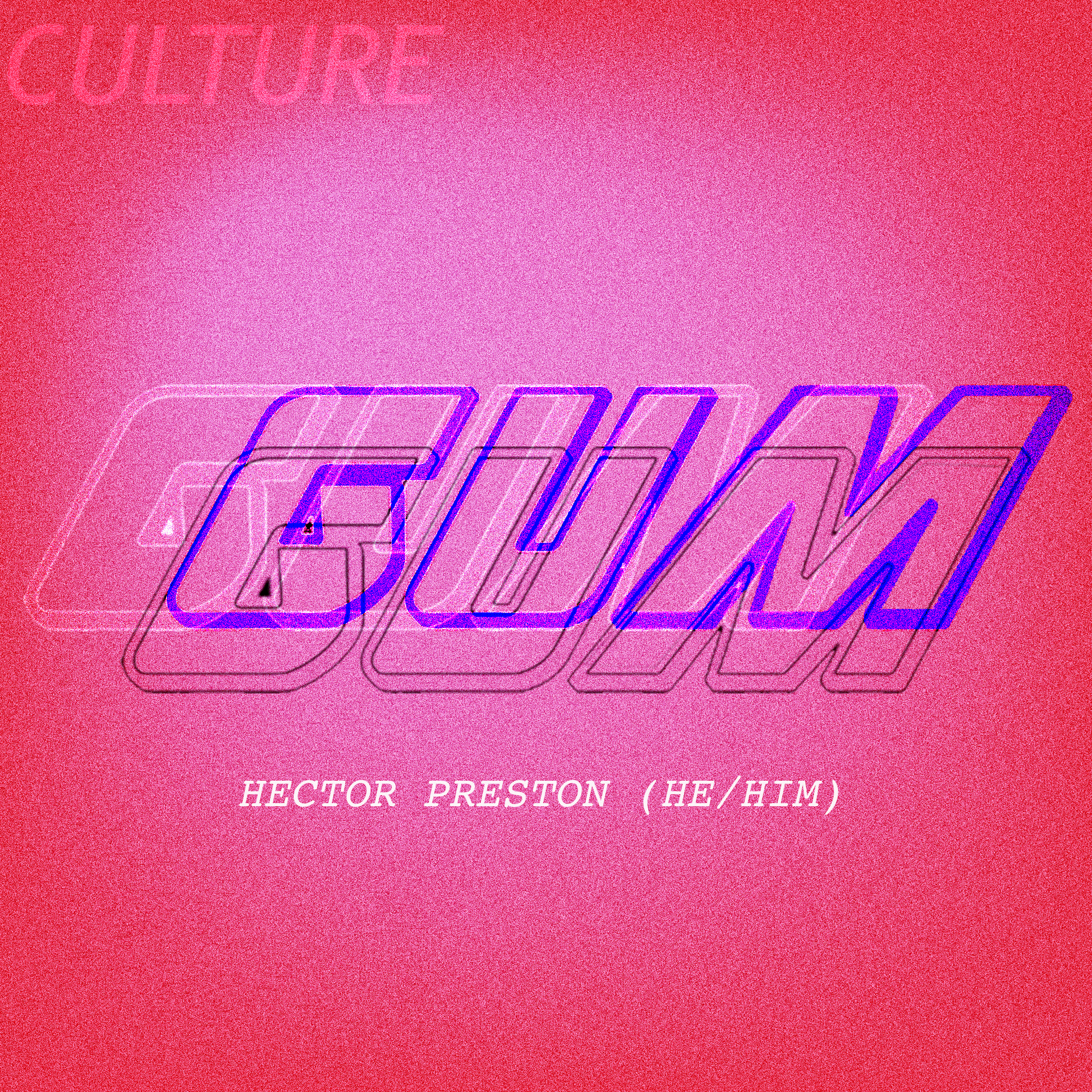Words: Hector Preston (he/him)
World Book Day. 2009. Huge Day. For my Mum. We (I) had to go into school dressed as a famous literary figure, and obviously we (she) had to smash it. It was far from easy but, after some fairly one-sided deliberation, we identified Roald Dahl’s Mr Twit as our man, and I was sent into school as usual: bookbag, packed lunch, and an ‘Easy to apply, easy to remove!’ beard. The patches of hair and sponge-induced scabs on my face several days later said otherwise.
Since his death in 1990, Dahl and his books have been repeatedly reassessed. Most recently it’s been Puffin Books’ turn. They’ve tried to remove or adapt language from Dahl’s stories that they deem offensive. The words ‘crazy’, ‘mad’, and ‘fat’ have been removed, and descriptions of ‘black’ clothing and tractors have also been cut. All this has sparked debate in the literary world and beyond with Salman Rushdie, David Baddiel, and Rishi Sunak among those speaking out against the changes. Rushdie labelled it ‘absurd censorship’; Baddiel expressed concern over the lack of ‘logical consistency’.
Suzanne Noel, the CEO of PEN America, acknowledged ‘the impulse to want to ensure that great works of children’s literature do not alienate kids or foster stereotypes’, but pointed out that ‘selective editing to make works of literature conform to particular sensibilities could represent a dangerous new weapon’ and that there is ‘no limiting principle’. Puffin’s approach to literature has dangerous implications for art in general. An attempt to rewrite history is, in part, an attempt to eradicate it. So, whatever you think of Dahl, it’s easy to see how problematic all this is.
In stark contrast to this revisionist, and arguably regressive, approach, stands Glaswegian artist Katie Paterson’s Future Library Project. This public artwork, set up in 2014, asks for a new author each year to submit an original manuscript which will remain unread and unpublished until 2114, at which point it will be printed in anthologies using paper from the one thousand trees that were planted as part of the project. Major writers have already contributed, including Margaret Atwood, Karl Ove Knausgård and Han Kang, with the author for 2023 to be announced later this year. Diversity and freedom of expression are not only tolerated but actively encouraged, with the project’s website stating: ‘The Trust is inviting one hundred outstanding writers of any nationality or age to contribute works in any genre or language. The length of the piece is entirely for the author to decide’.
The project fosters an attitude to literature that encourages unfiltered intergenerational communication. We can’t know now how these works will be received in 2114, and that’s the point. Paterson is forging a relationship between present and future that emphasises the importance of the words as they were originally written. Rather than a botched attempt to remould a relationship to a past that doesn’t exist, the Future Library Project forms a new one with a future that will.
Let’s imagine that, by the time of publication, one of the project’s contributing authors has been condemned for their views or that their text contains language deemed unsuitable for 2114. What we can hope is that the works won’t be tampered with to fit contemporary sensibilities, but rather that those contemporary sensibilities will be the tools through which they can respond and, equally, some of those sensibilities may even be challenged themselves.
Addressing and considering the past through the lens of the present is healthy and optimistic, and is very different to climbing through that lens to change it completely. The beauty of Paterson’s creation is that it is predicated on a refusal to censor the past. The texts are the products of the authors alone, themselves becoming symbols of freedom of expression that celebrate the mystery and wonder that is so essential to literature, and art as a whole, that must be guarded against the surgical, revisionist, and dangerous agenda adopted by Puffin Books.
Literary critic, Thomas de Quincey, said that ‘even imperfection may itself have its ideal or perfect state’. Not ideal or perfect in the sense it can’t be improved, but in the sense it shouldn’t. A text’s imperfections are its simultaneous perfections and impurities to be examined and responded to, not erased so as to apparently ‘protect’ (dictate) what can or can’t be read.
We don’t need to approve of Dahl to see why we need to be wary of the approach taken by Puffin Books. Rather, we should aspire to Paterson’s forward-looking, optimistic approach. There really is ‘no limiting principle’ to what Puffin are doing, and taken further this could see chapters, characters and whole texts written out of history. And if a nine-year-old kid wants to go (partly against their will) to World Book Day with a glued-on beard filled with cold baked beans, I say let them.
https://www.theguardian.com/books/2023/feb/20/roald-dahl-books-editing-philip-pullman

